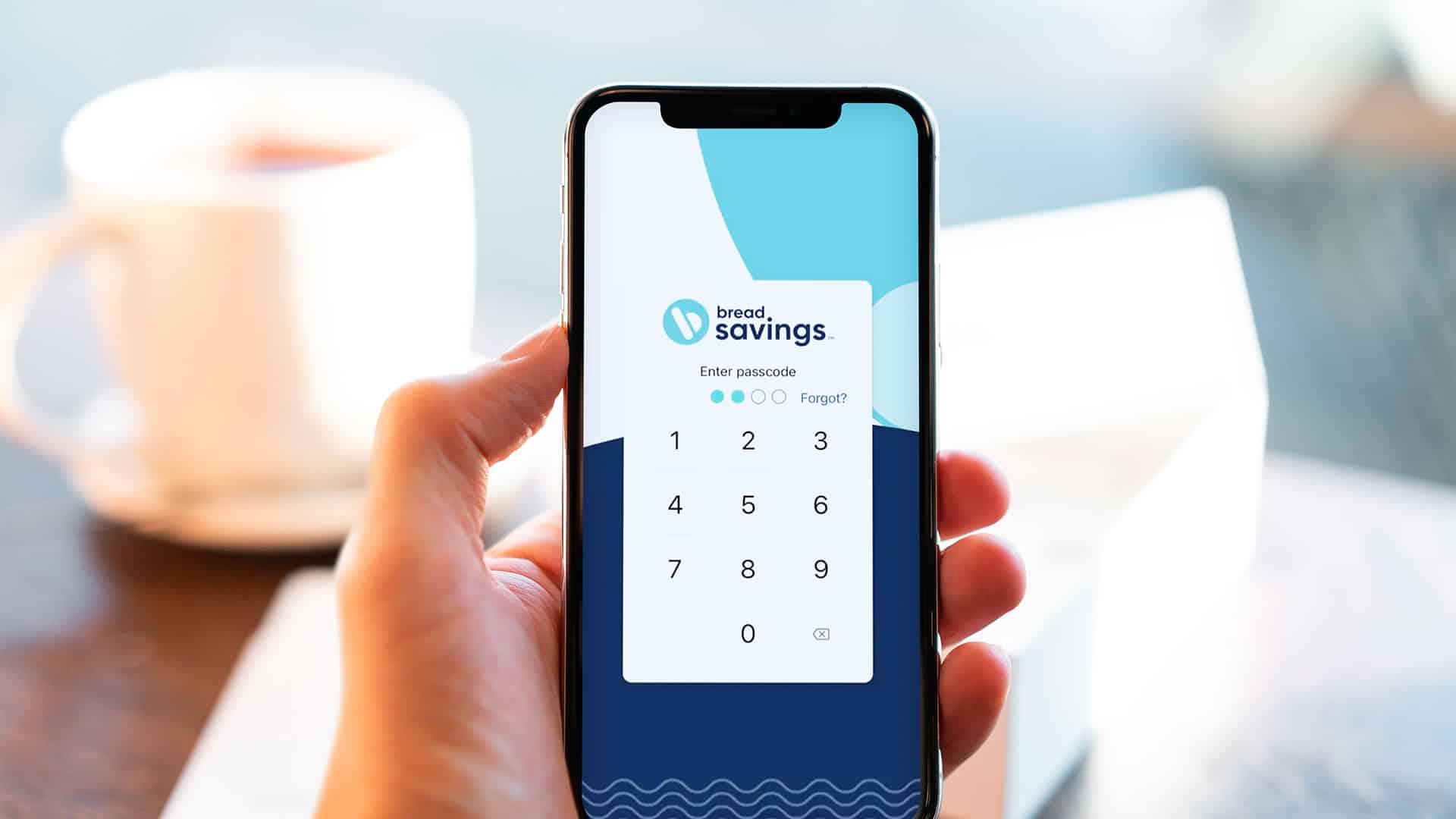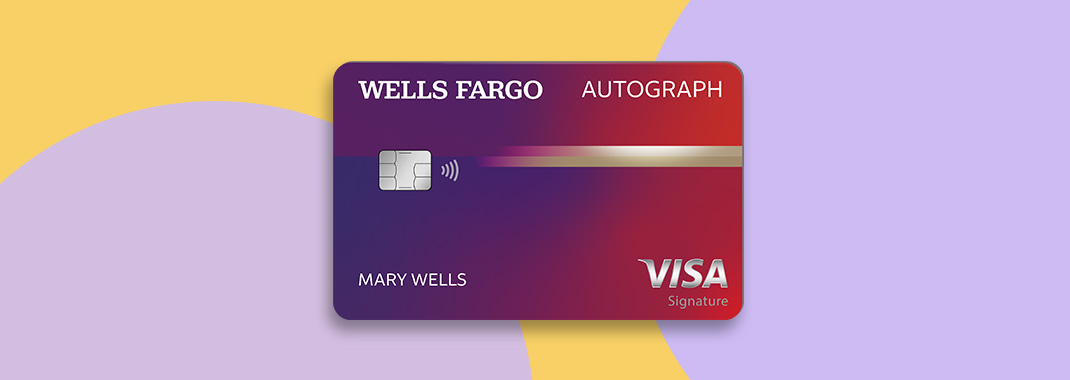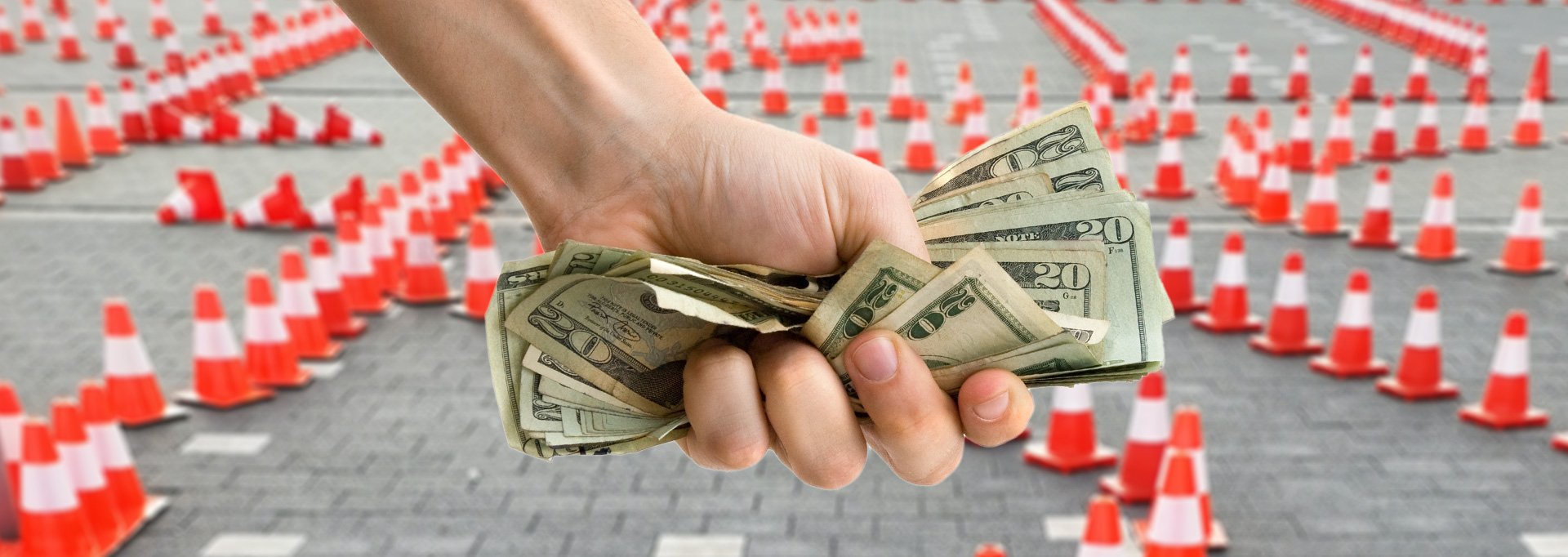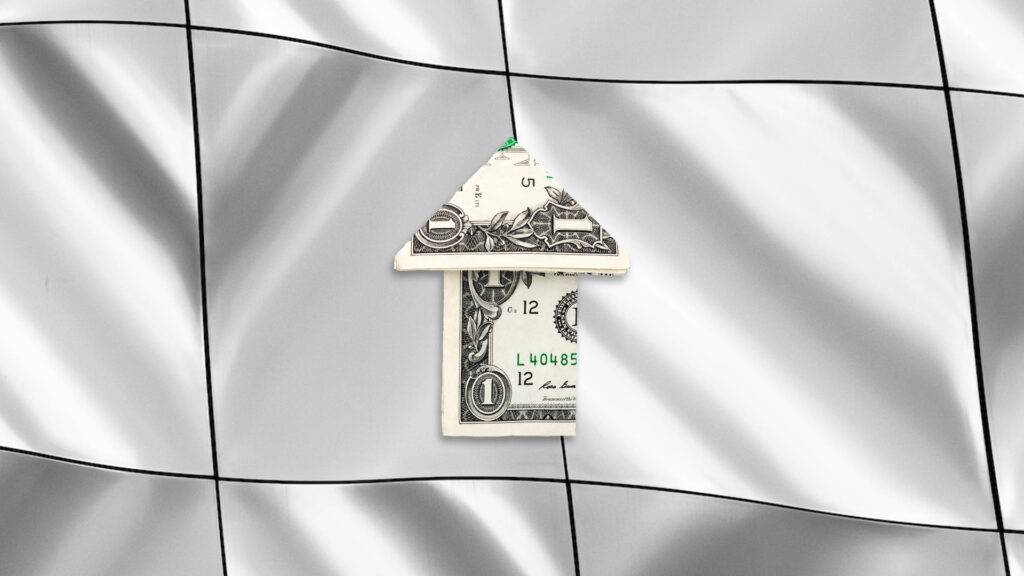Most products on this page are from partners who may compensate us. This may influence which products we write about and where and how they appear on the page. However, opinions expressed here are the author's alone, not those of any bank, credit card issuer, airline or hotel chain. This page may include information about American Express products currently unavailable on Slickdeals. American Express is not a partner of Slickdeals.
Bread Financial is an online bank with credit cards, lending, savings and business accounts. Bread Savings features a high-yield savings account and CD account with competitive rates well above what you’d get with traditional brick-and-mortar banks.
Bread Savings offers government-insured accounts that are easy to open and manage online. Here are the key details you need to know when deciding if Bread Savings and Bread CDs make sense for your financial needs.
Intro to Bread Savings
Bread Savings is a division of Bread Financial. The company owns Comenity Bank and Comenity Capital Bank, among other subsidiaries. Through this relationship, Bread Savings accounts come with full FDIC insurance coverage up to $250,000 for individual accounts or $500,000 for joint accounts.
The Bread Financial brand may be newer and lesser known than some other banks, but it is a legitimate bank with government-backed insurance that’s safe to trust with your money.
Bread Savings Costs and Fees
Bread Savings doesn’t charge recurring maintenance fees on any of its savings accounts. There are no minimum balance or activity requirements to avoid a monthly fee. When used as intended, most people will enjoy their accounts completely fee-free.
Bread Savings High Yield Savings Account
The high-yield savings account from Bread Savings offers an interest rate that’s more than 200x what you get from some of the big, traditional banks.
The current rate as of this writing is 4.00% APY. Note that rates can change at any time without notice. Rates tend to go up and down when the Federal Reserve announces its target interest rate will increase or decrease or any other time the bank’s financial needs change. To get the latest rate, head to the Bread Savings High Yield Savings Account webpage, where you can sign up for a new account.
The account requires a $100 minimum opening deposit. If you have deep pockets, the account has a deposit limit of $1 million per account and $10 million per customer. That goes well beyond FDIC insurance limits if that’s an important feature for you.
The account has no monthly maintenance fees or ongoing minimum balance requirements. It includes free electronic funds transfers to and from accounts at any bank in the United States. Incoming wire transfers are free, and you can also deposit a check using the Bread Financial app.
The only common fees are for more unusual activities such as outgoing wire transfers, official checks (cashier’s checks) and paper statements.
While the minimum to open an account and maximum account balance may be a turnoff to some users, the high interest rate and low fees make it a no-brainer for long-term savings like an emergency fund, down payment or vacation fund.
Bread Savings Certificates of Deposit
A Certificate of Deposit (CD) is a time-bound savings account where you can earn a higher interest rate in exchange for locking your funds away for a specific period. Bread Savings CDs come with terms of one to five years, with interest rates well above the national average.
Here’s a snapshot of current rates. Again, rates can change at any time without notice. Head to the Bread Savings CD page to find current rates and sign up.
| Term Length | APY |
|---|---|
|
12 months |
4.50% |
|
24 months |
4.50% |
|
36 months |
4.50% |
|
48 months |
4.50% |
|
60 months |
4.50% |
CD accounts require a $1,500 minimum opening balance and have the same $1 million per account and $10 million per customer limit.
CDs are best for people who know they won’t need their money for the entire term. You’ll have to pay an early withdrawal penalty if you need to withdraw before the maturity date for any reason. For one-year to three-year CDs, the penalty is 180 days of interest. For four years and longer, the penalty is 365 days of interest. Due to these stiff early withdrawal penalties, you should skip the CD and consider the high-yield savings account if you can’t commit to that term.
CD accounts are generally good for earning more interest, but there’s also a risk. The interest rate is locked in when you open the account for the full term. If market interest rates go up, you’re stuck with the rate you agreed to when opening your account. If you believe interest rates will go up soon, you may want to hold off on a CD to capture higher interest rates in the future.
A CD is often a smart decision when you believe rates will remain steady or decline. The locked rate helps you keep earning a higher interest rate even if market rates fall. At maturity, you can automatically renew at the new rate or cash out with no penalties during a 10-day grace period.
CD Ladder at Bread Savings
If you want to spread out the maturity dates for your funds and still lock in the higher interest rates of a CD, you can use a method called a CD ladder. Bread Financial specifically supports this strategy to open a series of CDs with cascading maturities.
For example, if you have $50,000 to save, you may choose five CDs for $10,000, each maturing in one, two, three, four and five years. This gives you access to $10,000 per year without paying any early withdrawal fees. You can roll them over into new five-year CDs, keeping up access to $10,000 yearly at the highest interest rate, or whatever combination makes the most sense for you.
How FDIC Insurance Works: FDIC is short for Federal Deposit Insurance Corporation. The FDIC is a government body that regulates and insures banks in the United States. When you see the FDIC (or NCUA) logo on your bank website, your accounts are insured and you will get your money back even if the bank fails. Limits are $250,000 per depositor per financial institution.
Bread Savings: High-Yield Savings vs. Certificates of Deposit

There’s no right or wrong for all people regarding bank accounts. You may find high-yield savings is good for part of your money, and CDs work for longer-term savings. Personal finance is personal, so your unique needs differ from your coworker, neighbor, sibling and anyone else you know.
Here’s a comparison of common high-yield savings and CD features:
| Government Insurance | Interest Rate | Time Requirement | |
|---|---|---|---|
|
Certificate of Deposit |
Yes |
– Typically higher for longer terms and lower for shorter terms. |
Yes |
|
High-Yield Savings Account |
Yes |
– The rate can change at any time |
No |
High-yield savings accounts are popular for keeping money safe when unsure if you’ll need it soon or when you may have to withdraw. Money typically won’t grow as fast as an investment, but there’s also virtually no risk of losses.
CD accounts are best for those who are financially secure and want to earn a higher interest rate on a portion of their cash savings. Again, this protects you from stock market risks but limits your potential return.
Should You Open a Bread Savings Account?
If you’re shopping around for savings or CD accounts, Bread Savings is a good choice. With favorable interest rates and very low fees, you’re likely to walk away from Bread Savings with more money than when you started.
Accounts are safe and insured by the government. Even if the bank goes out of business, which is extremely unlikely, you’re guaranteed to get your money back from the FDIC up to insurance limits. That gives you a lot to earn and very little risk.
Featured photo: Slickdeals/Bread Savings
















